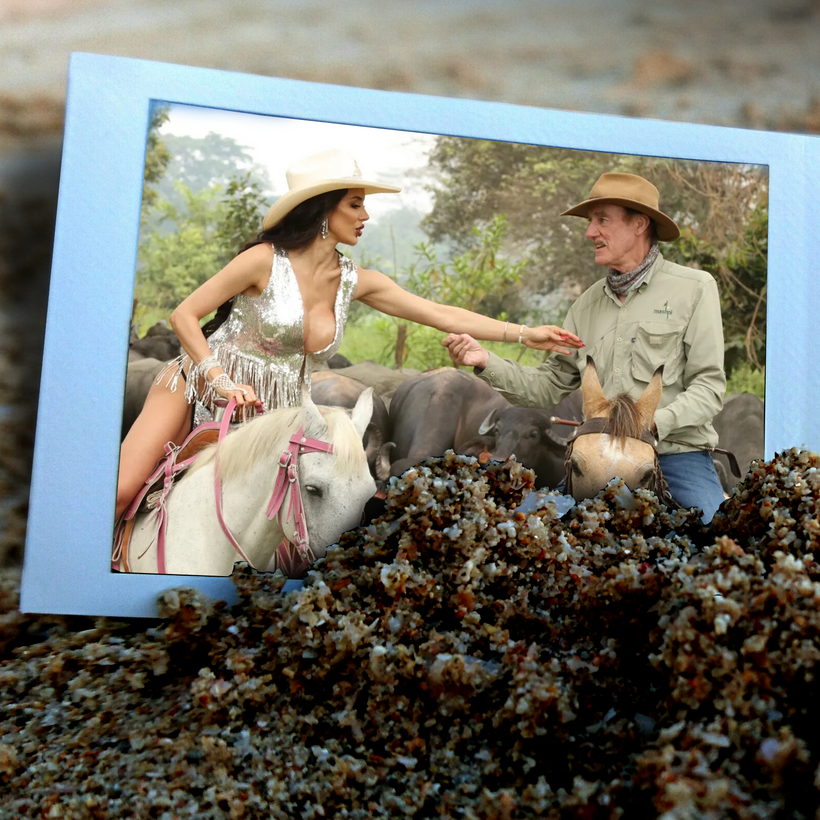With his vintage wardrobe and old-school charm, Colin Armstrong, a businessman and Britain’s former honorary consul in Guayaquil, Ecuador, might have stepped out of a 1960s Bond film. The mustache is slim and closely trimmed above the lip. His impeccably crisp diction could slice mango.
His genteel civility is at odds these days with Ecuador’s brutal landscape. In the early hours of Saturday, December 16, 2023, his life was violently upended when gun-toting kidnappers broke into his weekend home, a 4,000-acre cattle ranch an hour outside the city of Guayaquil on the Pacific coast. “There can be nothing scarier than to wake up with armed men in your bedroom,” says Armstrong, 79.

